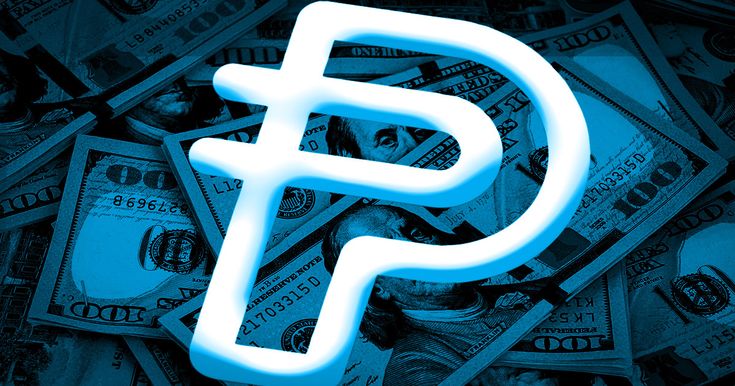PayPal’s PYUSD stablecoin which has been trailing established giants like Tether and Circle since its debut in August is leveraging decentralized finance (DeFi) to increase the liquidity
According to the Bitget blog, Aave is running a vote to possibly integrate PYUSD into its Ethereum pool lending protocol. This comes after PYUSD activated the Curve automated market maker in December.
PayPal’s venture into the stablecoin market received great interest as it signaled that an important financial institution was offering such a product for the first time. But also with Tether and Circle already leading the space, questions rose concerning PYUSD’s unique value proposition.
The token primarily serves for trading cryptocurrencies on centralized exchanges, though PayPal has not revealed PYUSD’s utilization inside its app.
Its current trade volume leaves much to be desired compared with established stablecoins, and emphasises the “stablecoin Matthew effect” where liquidity follows players already in play.
To combat this problem, Paxos the originator of PYUSD has collaborated with Trident Digital, a crypto platform focusing on institutions to improve token’s liquidity on-chain. Trident helps PYUSD get activated on Curve, and stands behind the current Aave proposal.
According to Trident’s proposal, if approved the Aave listing would be seeded with $5 – 10m by “Paxos and other parties’ ‘. This, combined with possible risk diversification between Curve and Aave could also potentially draw more users and liquidity to PYUSD.
Even at this early stage of PYUSD’s travels in DeFi, it stands to represent possible growth for the stable coin within a crowded and challenging crypto space. In the words of Trident co-founder Anthony DeMartino, “This is just the kindling.”







